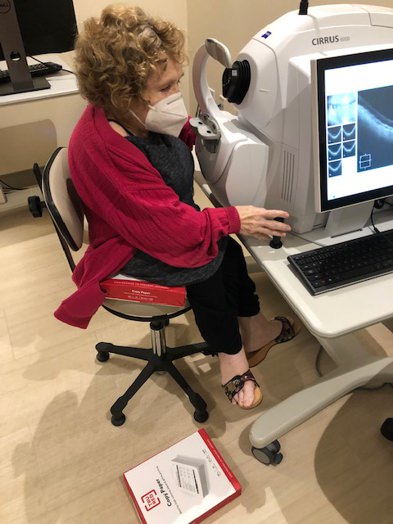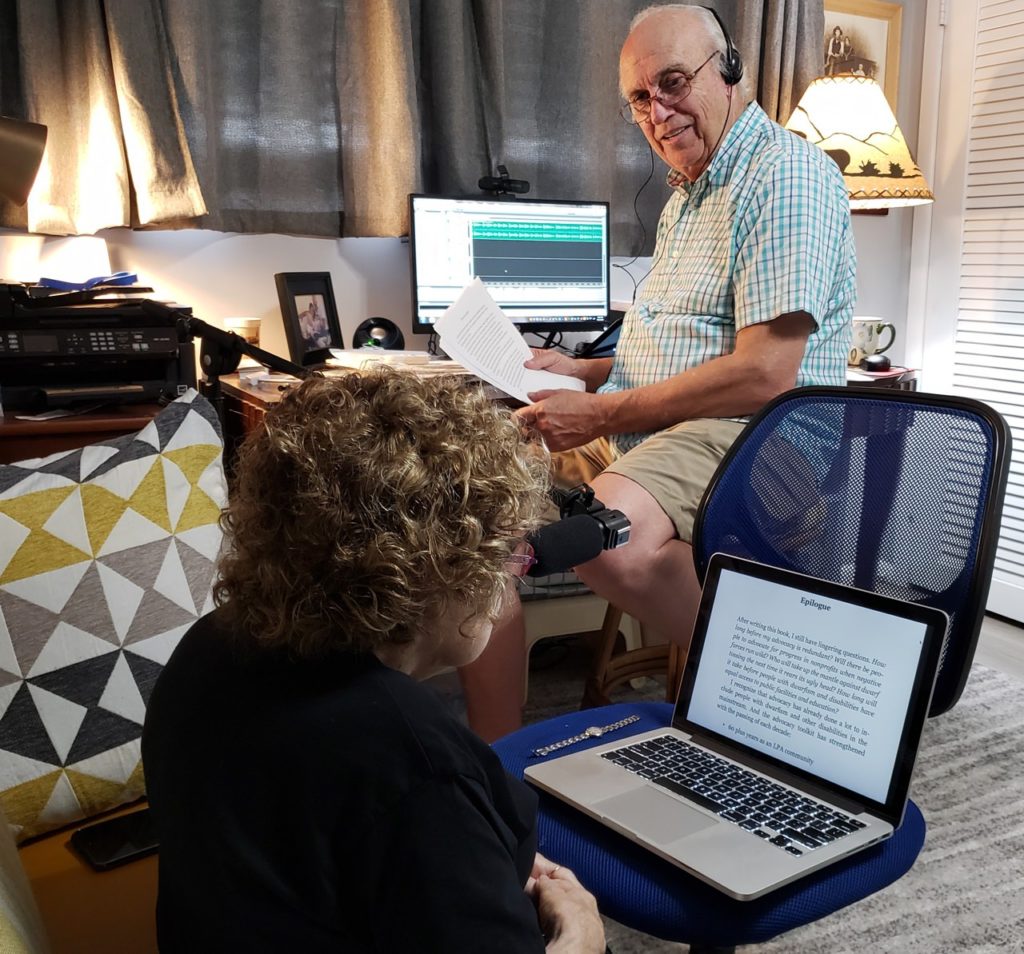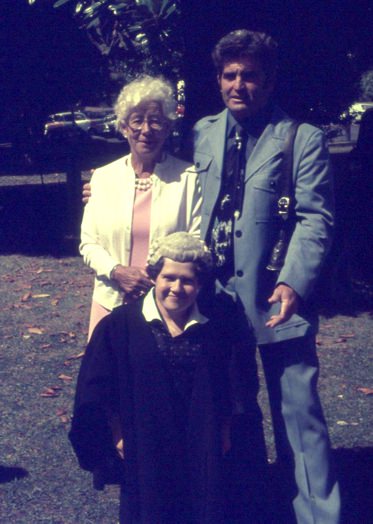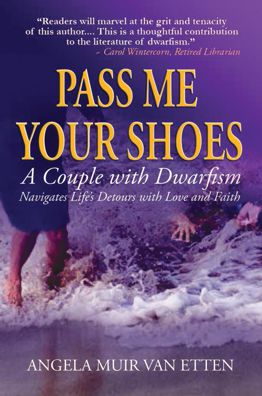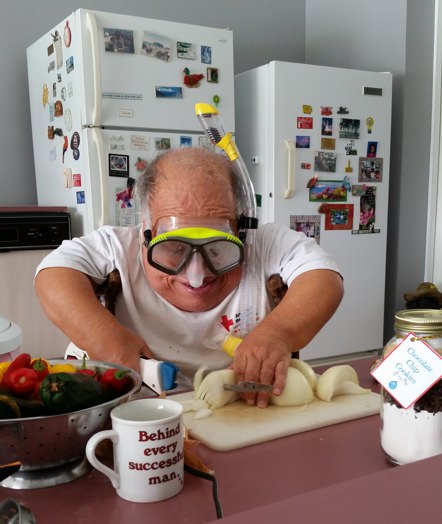
During the month of April, Sexual Assault Awareness Month, Child Abuse Prevention Month, and National Crime Victims’ Rights Week is recognized. As a nonprofit that provides services to people with disabilities, including victims of crime, Coalition for Independent Living Options (CILO) appreciates the attention April brings to these important issues.
People with disabilities are exceptionally vulnerable to being sexually assaulted or abused as children. According to the Vera Institute of Justice, people with disabilities are three times more likely to be sexually abused as children. The disability types with a heightened risk include intellectual, communication, and behavior-related disabilities.
Want to subscribe to receive blog updates sign up today!
Those who rely on a caregiver are at risk of sexual assault and abuse at the hands of those they trust. Abusive caregivers may downplay the abuse, attempting to justify their actions as “necessary” or as a normal part of the caretaking process. Often the abuse goes unreported as the victim fears retaliation, may not want to get the caregiver in trouble, or may fear losing their independence if the caregiver is removed.
Unfortunately, society as a whole does not typically recognize those with disabilities, especially youth with disabilities, as sexual beings. This results in youth with disabilities being left out of important conversations surrounding consent, sexual education, and healthy relationships. Without a strong foundational understanding of their rights over their own body, youth with disabilities may be targeted by others who assume they are less likely to be viewed as credible.
Male-identified individuals are also at risk for sexual assault and child abuse. According to one study, the prevalence of lifetime sexual violence was 13.9% among men with a disability, as compared to 3.7% of men without a disability.
Awareness surrounding the issues of child abuse and sexual assault of people with disabilities is critical. Often people with disabilities don’t recognize that they are experiencing abuse. In many cases, community members and service providers identify and report the suspected abuse. Increased education to law enforcement about crime victims with disabilities is vital. There is a misconception among first responders that people with disabilities, especially those with cognitive or intellectual/developmental disabilities, lack full understanding of what took place, or do not have accurate recall of events. Law enforcement may not investigate or push cases forward for prosecution for these reasons. Likewise prosecutors may consider the person lacking credibility and choose not to file charges.
Equally important to awareness is ensuring access to much needed services and resources. Those enduring abuse may be unaware of resources available in the community, or may encounter barriers in accessing those resources. For example, those with communication disabilities may not be able to clearly explain their experience or may use assistive technology that listeners unfamiliar with the device have difficulty understanding.
This April, take time to learn more about the impacts of crime on those with disabilities.
If you, or someone you know, is a crime victim in need of services, contact your local law enforcement agency and ask for a referral to a victim advocate that works exclusively with people with disabilities.
Statistics in this post are drawn from the Vera Institute of Justice, https://www.vera.org/publications/sexual-abuse-of-children-with-disabilities-a-national-snapshot and the Building Partnerships Initiative for the Protection of Persons with Disabilities, https://mabuildingpartnershipsinitiative.com/resources/prevalance-of-violence/.
This post first appeared on Angela Muir Van Etten’s blog on April 4, 2022 at https://angelamuirvanetten.com/. Sharing is encouraged.

